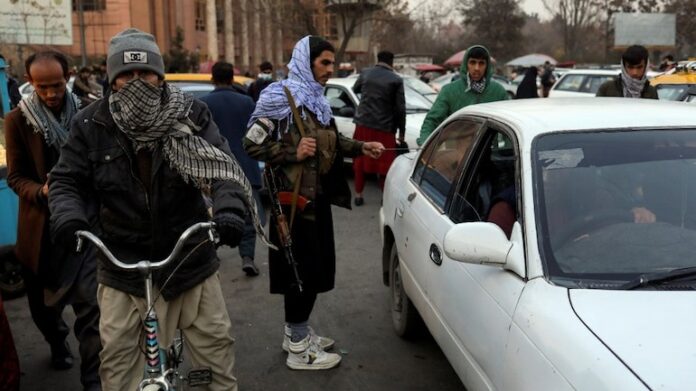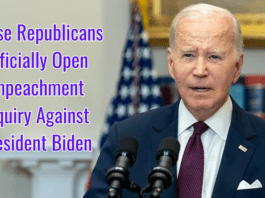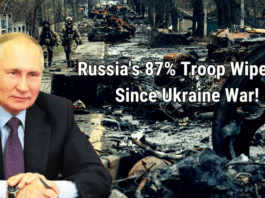Afghanistan is on the verge of collapse nearly three months after the Taliban took power illegitimately. Afghanistan is on the verge of becoming one of the world’s greatest humanitarian catastrophes, according to the United Nations.
The fact that this highly unstable situation has been produced by the world’s strongest military force, the United States, makes this a much more concerning development for Americans and their allies and partners.
Taliban have been constructing a narrative of a “moderate Taliban” to garner legitimacy from the international community since foreign soldiers withdrew. Amnesty, community reconciliation, stability, and reconstruction are all major themes in the messaging.
There have also been reports of increased violence, grave human rights violations, including retaliatory and ethnic killings. It is becoming evident that Taliban 2.0 will be worse, as their worldview, entrenched in mediaeval ideals, remains unchanged, particularly on the vital subject of women’s rights.
Though Taliban spokesperson Zabiullah Mujahid sought to reassure women in the first Taliban news conference after the party reclaimed control of Afghanistan’s capital Kabul. “Our sisters have the same rights as our guys,” he remarked. Taliban commanders have stated publicly that they want to provide women their rights “according to Islam” during these talks.
The Islamists, on the other hand, quickly abolished the Ministry of Women’s Affairs, signalling that women in the country face a difficult road ahead. The Taliban’s administration is made up entirely of men, predominantly mullahs. Female professionals are conspicuously absent from the Ministry of Education.
When it came to resuming university functions, the Taliban’s Higher Education Ministry consulted solely male teachers and students. The illegitimate dictatorship has stripped women of basic rights while plunging their country deeper into poverty and starvation in the midst of a financial crisis.
Women in some provinces are being warned not to go to work or leave their homes unless accompanied by a male relative. Women’s shelters are being targeted, and those who work there are being harassed. Safe shelters for female human rights defenders, such as activists and journalists, are full.
The Taliban’s history is well-known among Afghan women. From 1996 to 2001, the Taliban ruled Afghanistan. Women were subjected to the most severe restrictions under their rigid interpretation of Islam.
For years, Afghan women have led the charge in defending their rights. Even in the face of Taliban violence and attempts to ban such protests, women are flocking to the streets and demonstrating.
Women have gone to social media to express their displeasure with the Taliban’s anti-women policies. Afghan women from all around the world have been using the hashtag #DoNotTouchMyClothes to share images of themselves wearing traditional colourful garments.
Gender equality is a vital basis for a peaceful, affluent, and sustainable world, despite the fact that it is not a fundamental right. Women are still underrepresented in leadership positions, despite the fact that there are more women in positions of power today.
Furthermore, according to the UNDP, there is a loss in consumption since women who no longer work do not receive a paycheck and are unable to purchase as much as they once could to feed and equip their houses. This loss in consumption could amount to $500 million each year. “We can’t afford to lose this,” Afghanistan says.
According to Amnesty International, the international community must continue to support women’s rights in Afghanistan over the long term. Women should raise their voices all throughout the world. It’s critical that we all help one another. It’s all about people. It’s all about having a common point of view on the world.







